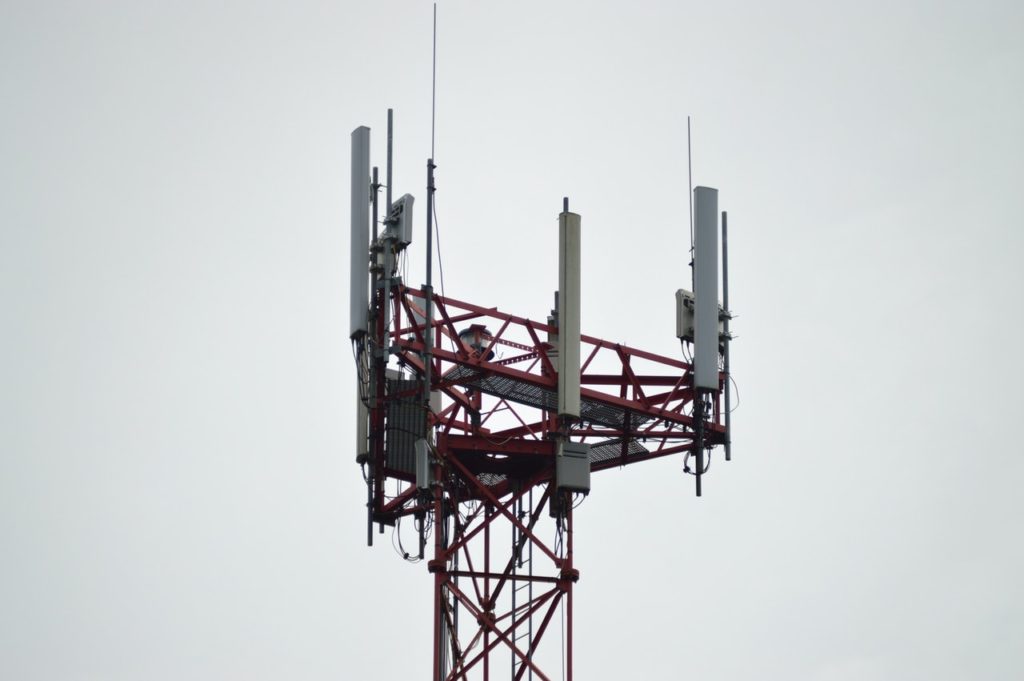These days going to a campground doesn’t necessarily mean “unplugging”, not completely anyway. With just our cell phones alone we tend to require data everywhere we go. Whether it be to post a pic of your campsite to Instagram, check email, or upload your podcast, you may want to plan your Internet solution ahead of time.
Many RV parks and campgrounds will have wifi, most of the time for free during your stay. This is typically a “you get what you pay for” type of scenario. Most of the time you can forget about streaming your Netflix after a long day under the sun. As a matter of fact, most campgrounds will prohibit it outright just because of the stress it will put on their already spread-thin network. I have seen people leave negative reviews and upset comments about the internet in parks and campgrounds and for the life of me, I can’t understand what exactly they were expecting. You are outdoors, in a mostly metal box in the outdoors, using a network that is probably not getting much speed to begin with and then sharing that with a hundred or more devices all around you. My advice: if you plan on just using the wifi provided by RV destinations, keep your expectations dialed down and let it surprise you if it works well. Just be happy if you can check your email and put Facebook on hold for a bit. If that’s not in the cards for you, keep reading for other options!

If your fingers are going through Twitter withdrawal and you just have to know what your BFF had for breakfast, worry not. In this age of technology, there are of course options for mobile internet and getting you to your favorite social media platform. For one, mobile data provided by cell phone companies. Most smartphones can be turned into a mobile “hotspot” to provide internet access for other devices, like a laptop for example. You’ll want to check with your carrier on this one first. Some plans may not allow for you to use your data in that way and other times you may need your carrier to activate the service. Besides that, you’ll want to know what your data plan is and how much (if anything) additional it may cost you to use the service in general. Also, how much it will cost you if there are any overage charges. To me this works in a pinch but not something you could use all day every day, most plans do not seem to allow for that much usage. So, if you work remotely/on the road, this may not be the best option for you – but in small bursts, this can be handy.
Besides cell companies providing internet via your cell phones, they also have stand-alone devices called “hotspots”. Think of this like a mini version of the wireless router you have at home. Instead of a wire bringing internet into your home and your router giving you that internet access through a wireless network, these little devices receive a cell signal just like your mobile phone and then allow you to securely connect to a wireless network to use that signal for data. Unlike the option above of using your phone as a hotspot, these devices will only provide data and you won’t be able to make any calls from the device(though it usually is assigned a phone number). Most carriers have these devices and even offer them as pre-paid options so there is no need for another contract or agreement. This is the option I go with, but it is far from perfect. As many of us who travel often know, there are still many areas where a particular carrier just will not work but another will. For example, you may be in an area where Verizon signal is next to non-existent, but AT&T is strong or the other way around. That is why I have at least two, maybe even three different hotspots from different carriers and will use whichever is best in the area I am staying in. Is this ideal? No, not really. There have been months where I have had to load a couple of different hotspots and it isn’t always the most cost-efficient solution. All in all, this has been the most efficient way for me to stay connected.

There is also satellite internet. Now I’ll be honest, I have no experience with it. This is mostly because many of the options I have come across were awfully expensive, for very slow internet speed. I am talking single digits in some cases. This may be an industry to keep an eye on however as SpaceX continues to improve upon its Starlink system. As far as I can tell they are working on making it mobile-friendly and if any company has a shot at becoming the go-to satellite internet company for RVers it’s them. The price points already seem more reasonable and with far better speeds (because of their satellites being in a lower orbit and a bunch of other science stuff). For now, it doesn’t appear you can travel with it unless you are going to a location near the home where you can maintain the same satellite connection you had at home with your receiver. I’m holding out hope here and will gladly toss aside all my hotspots for a satellite system with reliable mobile internet and fast download speed. I’ll let you know when and if I ever find that system.
UPDATE: 6/8/22: Check out a new post about Starlink for RVers.
